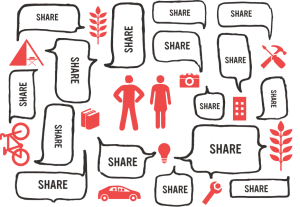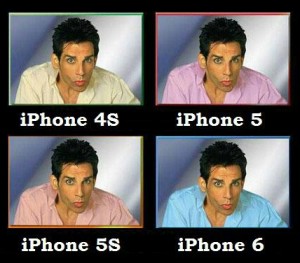Ah yes, the end is nigh. Little bits of excitement creep up every now and then that this blogging experience is nearly over. Don’t get me wrong it’s not that I have hated blogging but it is annoying having to do the same thing every week to tick boxes it takes the enjoyment out of it- for me anyway. So who will it be this week?
Amy is first up because like Amy, I too thought the example of Cowbird was interesting. I had never heard of this website before and I think the concept is quite different to anything else I’ve seen. Amy links it to cultural memory, this is her remembering information from elsewhere and linking it in, nice work.
Stefan shares the Oracle of Kevin Bacon, which until yesterday this was another website I had never heard of.
And finally, Neeve has a great summary of yesterday’s symposium. Recapping something learned from each tutor.


